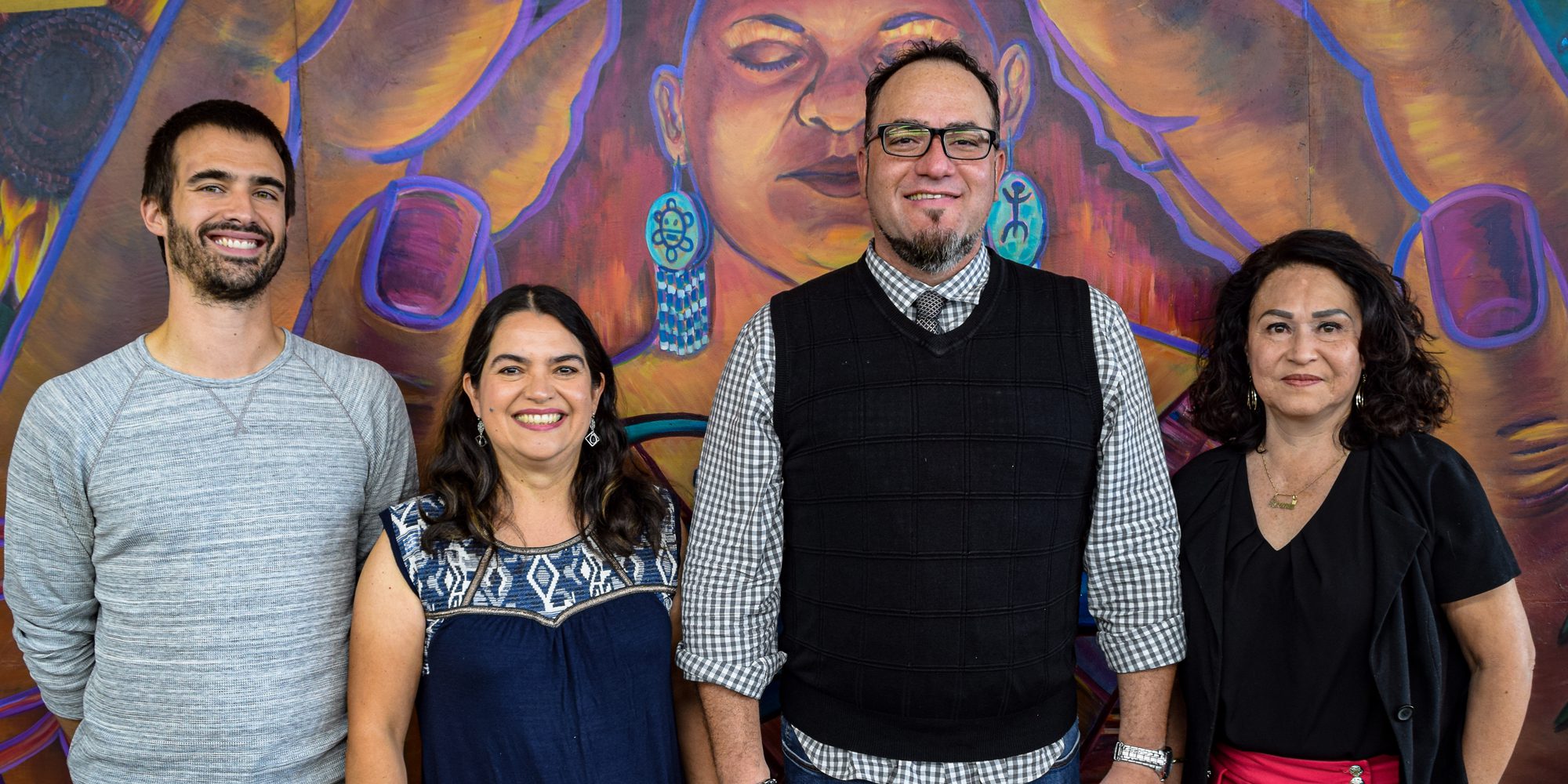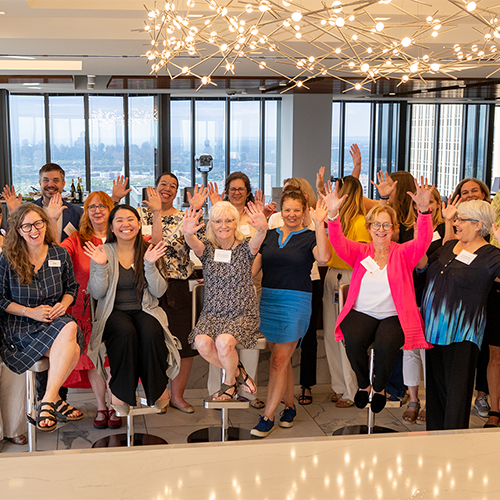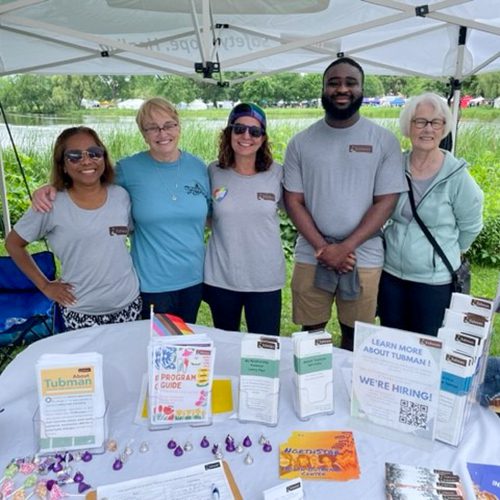Mobilizing Latin@ Communities to End Domestic Violence

A grant from WCA’s Signature Fund honors the creativity and responsiveness of Esperanza United.
The woman was in treatment for cancer, but she wanted to go back to work. She needed to, really—she had an adult son with a disability who depended on her.
She was getting support from Esperanza United, which works with Latin@s who have experienced gender-based violence. But the request she made that day speaks both to the holistic nature of Esperanza’s approach and the importance of unrestricted funding in any nonprofit’s budget.
“If I could have a wig, I would feel so much better,” the woman told her advocate at Esperanza.
The organization got her one. It was able to do so because of supporters like the WCA Foundation, a Signature Fund of the Minneapolis Foundation. Last year, the women volunteers who lead WCA honored Esperanza with an unrestricted grant of $50,000.
“The funding that allowed us to do that—it totally changed that person’s life,” said Rosario de la Torre, Esperanza’s Family Advocacy Director.
Pivoting in Response to Changing Needs
Esperanza’s work aligns closely with the mission of the WCA Foundation. Founded in 1866 by a group of women dedicated to changing the lives of women, WCA was Minnesota’s first charitable organization. In 2020, the group joined forces with the Minneapolis Foundation. “We wanted to be closer to community, we wanted to get more money out, and we wanted to deepen our relationships with nonprofit organizations so we could better support their work,” said Erin Elliott, a WCA volunteer since 2018 and current Grants Chair of its Advisory Board. “The Minneapolis Foundation accomplished all the things that our members were asking for.”
WCA has made several grants to Esperanza over the years, but its members were especially grateful for the way the organization showed up during the pandemic, when domestic violence rates shot up and many Latin@ Minnesotans suddenly lost their jobs.
“We saw an organization that was dramatically pivoting to meet increasing community needs, and doing so with a high level of personalization. ” — Erin Elliott, WCA Foundation Volunteer
“We are very creative,” Rosario said. That resourcefulness, useful for all of Esperanza’s program participants, is a must for those without legal immigration status. For example, she said, new immigrants escaping domestic violence are often looking for solo housing for the first time in their lives, without a rental or credit history. Esperanza’s advocates are used to finding workarounds, whether they’re scouring the “for rent” boards in the Latino markets on Lake Street or brainstorming informal employment opportunities.
In addition to supporting residents at the organization’s small emergency shelter in St. Paul, Esperanza’s advocates have become trusted partners of other shelters throughout the metro area, offering language skills and cultural expertise to help meet the unique needs of women and families from a diverse array of Latin@ communities.

Photo of Esperanza United staff members
Responsiveness has always been one of Esperanza’s guiding values, Rosario said. It’s why the organization started offering community-based services in addition to running a shelter. “Back in the day, many women we interviewed said to us, ‘I don’t want to leave my house, my community, my family. But I want the violence to stop!’” So advocates began meeting them where they were—sometimes at home, sometimes at school or the doctor’s office.
It’s why Esperanza launched a variety of youth and leadership programs to mobilize not just individuals, but entire Latin@ communities against gender-based violence.
And it’s why the organization expanded beyond Minnesota. Today, it offers training and technical assistance to other nonprofits around the country, conducts research, and is deeply engaged in public policy.
As Rosario pointed out, it’s impossible to isolate gender-based violence from all the other challenges faced by Esperanza’s constituents. “The last thing they’re going to tell you is, ‘I’m living in domestic violence.’ What they’re going to tell you is, ‘My son is struggling in school. My daughter is having mental health issues. I don’t have food for my children,’” she said. By working on a national level, “We’re able to look at the big picture of what our immigrant communities are facing.”

